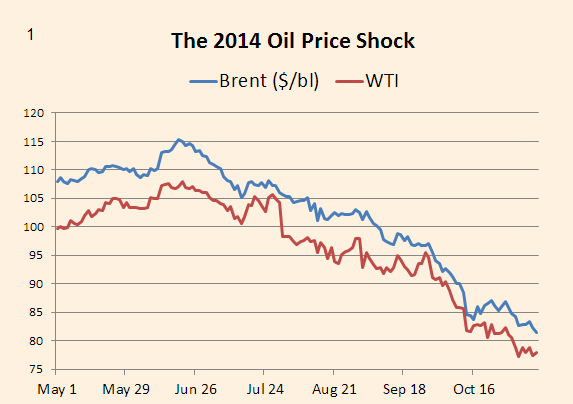Golden Dragon buses, not unlike the one being tested by the JUTC. Source of image: Hotel Shodlik Palace
The aforementioned bus shall undergo an eight week pilot on JUTC's number 53 route, stopping at above rocks in St Andrew. The pilot seeks to determine the suitability of the Chinese made bus on St Andrew's challenging hill terrain. Successful completion of the pilot should see these buses being deployed on routes 53, 54, 97 and 61. Possibly beckoning the start of a rural bus system.
Fear Of Chinese Products And Golden Dragon Buses
The words "Made In China" often begets reponses such as inferior, no good, spurious/counterfeit, etc. Though not completely false, these responses should not be taken in totality, as numerous good to high quality products are made in China. Especially true in the manufacturing of consumer electronics; top manufacturers include Lenovo, TCL Corporation, Huawei, ZTE and the rapidly growing Xiaomi.
Additionally, progress has been made to popularize Chinese brands in the auto industry. However, the Chinese automotive industry is dominated by European and east Asian manufacturers. a Bloomberg article entitled How China Protects Its Auto Industry, suggests that Chinese brands account for 34.5 per cent passenger cars.
This leads us to the Chinese bus being tested by the JUTC, made by Xiamen Golden Dragon Bus Co., Ltd. The firm was established in 1992, employing 4000 individuals and has an output of 40 000 buses annually. Subsequent to the announcement made by the JUTC of the possibility of the Golden Dragon buses being added to their fleet, Jamaicans sounded the alarm bells, questioning their build quality.
However, the buses are built to ISO 9001:2000 standards. Golden Dragon's website suggests that their buses are also sold in 80 countries. This may come as a surprise to many Jamaicans, Golden Dragon's parent is the more popular KingLong. Kinglong made buses are included in Knutsford Express's fleet. I should also add that the bus is using an American made engine. :)
Additionally, progress has been made to popularize Chinese brands in the auto industry. However, the Chinese automotive industry is dominated by European and east Asian manufacturers. a Bloomberg article entitled How China Protects Its Auto Industry, suggests that Chinese brands account for 34.5 per cent passenger cars.
This leads us to the Chinese bus being tested by the JUTC, made by Xiamen Golden Dragon Bus Co., Ltd. The firm was established in 1992, employing 4000 individuals and has an output of 40 000 buses annually. Subsequent to the announcement made by the JUTC of the possibility of the Golden Dragon buses being added to their fleet, Jamaicans sounded the alarm bells, questioning their build quality.
However, the buses are built to ISO 9001:2000 standards. Golden Dragon's website suggests that their buses are also sold in 80 countries. This may come as a surprise to many Jamaicans, Golden Dragon's parent is the more popular KingLong. Kinglong made buses are included in Knutsford Express's fleet. I should also add that the bus is using an American made engine. :)
Is Automotive Assembly On The Horizon?
Von's motor and company, local distributors of Golden Dragon buses, are known to assemble bikes in Jamaica. In fact, the venture commenced operations in 2004, assembling bikes made by Loncin Group. This may bode well for more large scale assembly, especially with the Chinese showing great interest in Jamaica. Additionally, with the recent tabling of a special economic zone act in parliament, auto assembly should become more attractive.
Thanks for stopping by
Thanks for stopping by
References
200 more buses for the JUTC, JIS.
http://jis.gov.jm/200-more-buses-for-the-jutc/
http://jis.gov.jm/200-more-buses-for-the-jutc/
Finance Ministry Waffles On Incentives For SEZ, Jamaica Gleaner.
http://jamaica-gleaner.com/gleaner/20150116/business/business1.html
Von's Starts Bike Production, Jamaica Gleaner.http://old.jamaica-gleaner.com/gleaner/20041117/business/business5.html
About Us, Golden Dragon.
http://www.goldendragonbus.net/company-info.html
http://jamaica-gleaner.com/gleaner/20150116/business/business1.html
Von's Starts Bike Production, Jamaica Gleaner.http://old.jamaica-gleaner.com/gleaner/20041117/business/business5.html
About Us, Golden Dragon.
http://www.goldendragonbus.net/company-info.html





